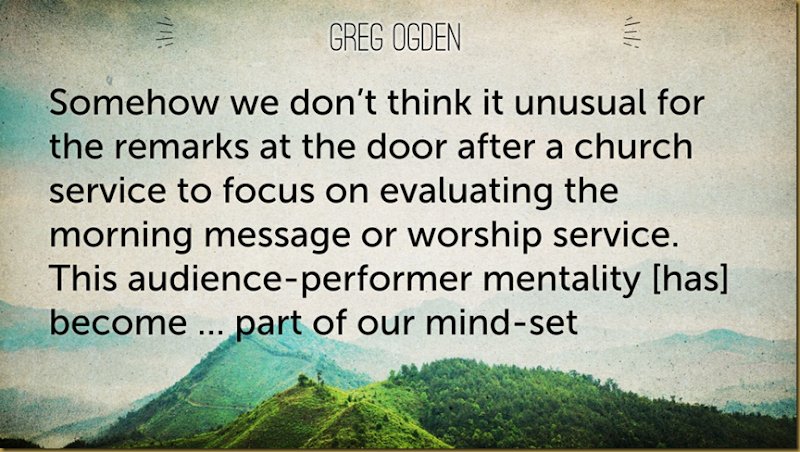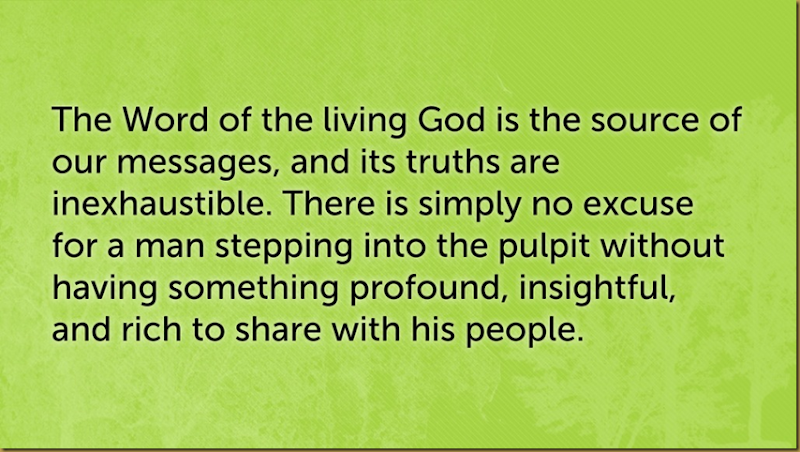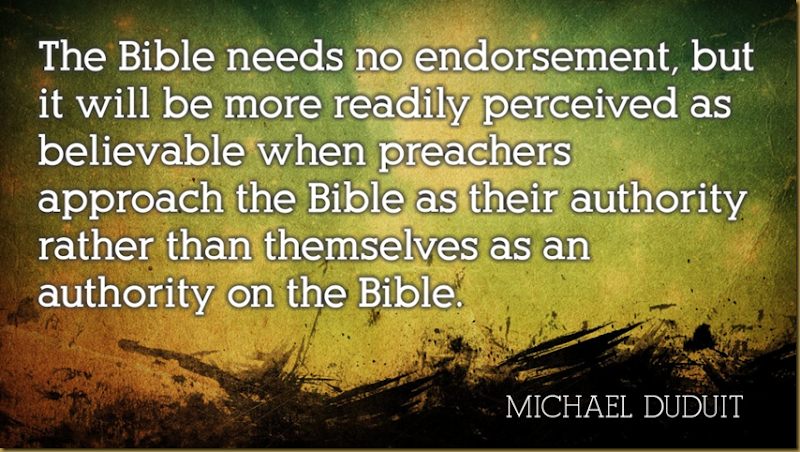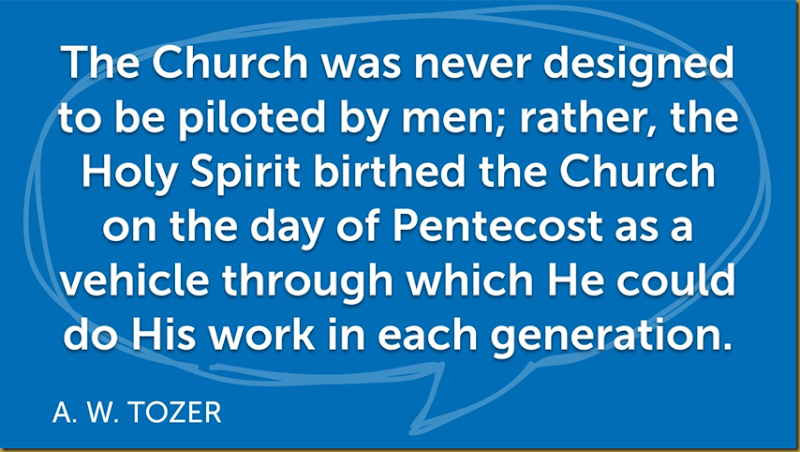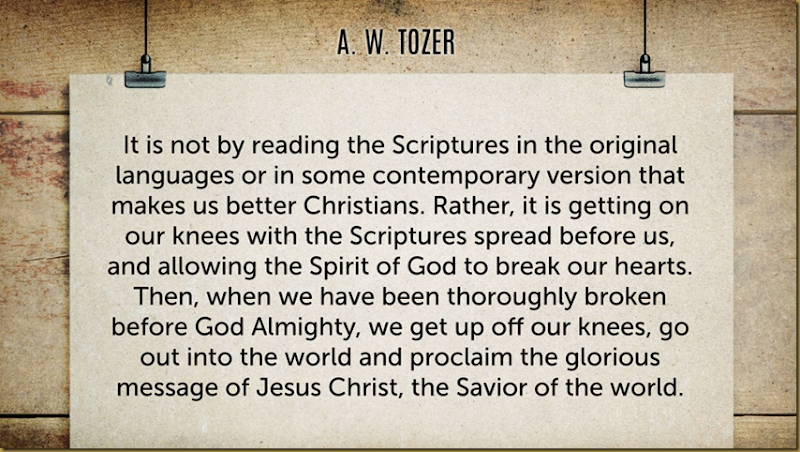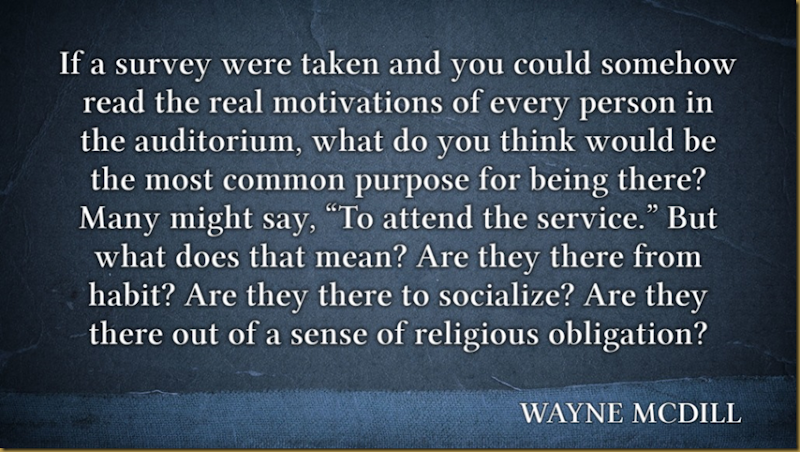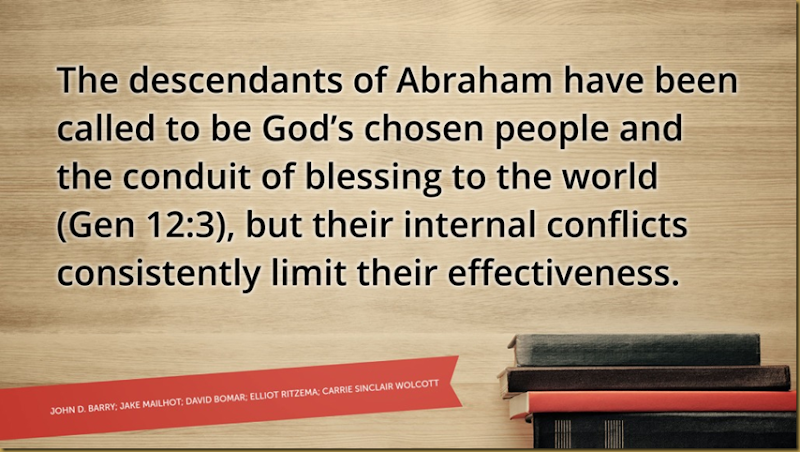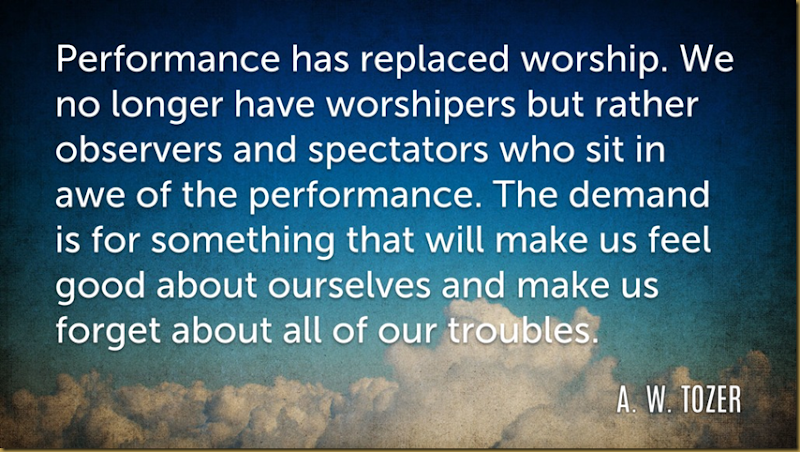
This spirit of Babylon, in the form of entertainment, has not only seeped into the Church but has also been welcomed through the front door with inviting arms and has come in like a flood. It seems so incongruent to me that a generation of Christians should so loathe the accomplishments of their forefathers and the sacrifice associated with the faith once delivered that they would court the frivolous attitude and spirit of “entertainmentism.” We are not worshiping God on the throne but have come to the point of worshiping the shadow of the throne.
The average Christian today is addicted to exterior pleasures. Can any Christian church survive today without a heavy dose of entertainment? It is the culture of fun, fun and more fun. Performance has replaced worship. We no longer have worshipers but rather observers and spectators who sit in awe of the performance. The demand is for something that will make us feel good about ourselves and make us forget about all of our troubles.
The Church Fathers were fanatic worshipers, and their worship carried with it a heavy cost, which incidentally, they gladly and eagerly paid. The grandsons are now observers with an appetite for entertainment that has gone wild. They are addicted, with an insatiable appetite, to have one thrill followed by an even bigger thrill. They are as fanatic about entertainment as their fathers were about worship, which explains the difference.
To confuse the matter and make it even worse, we have now what I shall call a performance-oriented worship. Just because you tack the word “worship” onto a phrase does not mean that it is worship acceptable to God. We dance before God, wearing our silly little costumes and doing our silly little jingles, thinking that this in some way impresses the God Almighty, Creator of the heavens and the earth.
The Church Fathers came into the presence of God with a sense of overwhelming reverence, which captivated them and brought them before God in holy silence. What has happened to reverence today? Where are those who get caught up in the spirit of reverence before their God? Where are those who have experienced the holy hush in the presence of God?
Then we have celebrities who are leading our so-called worship today. This mirrors the culture around us. To be a leader in the Church, a man does not have to have spiritual qualifications as much as a personality and a celebrity status. The converted football player wields more influence in churches today than the man who is before God on his knees with a broken heart for his community. Celebrities are now leading us, but they are not leading us down the same pathway the Fathers of the Church established.
A. W. Tozer, The Dangers of a Shallow Faith: Awakening from Spiritual Lethargy, ed. James L. Snyder (Ventura, CA: Regal, 2012), 18–20.

